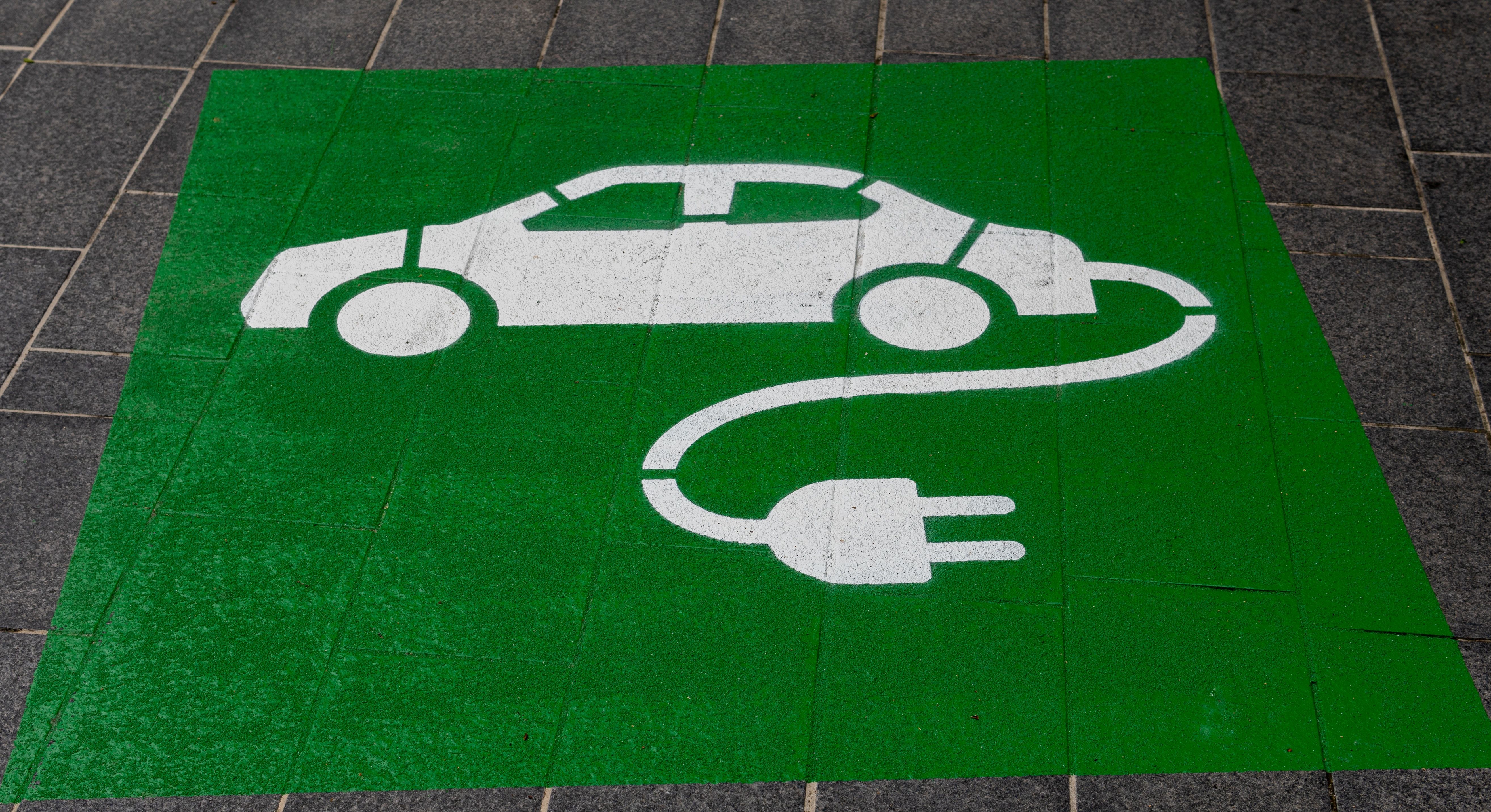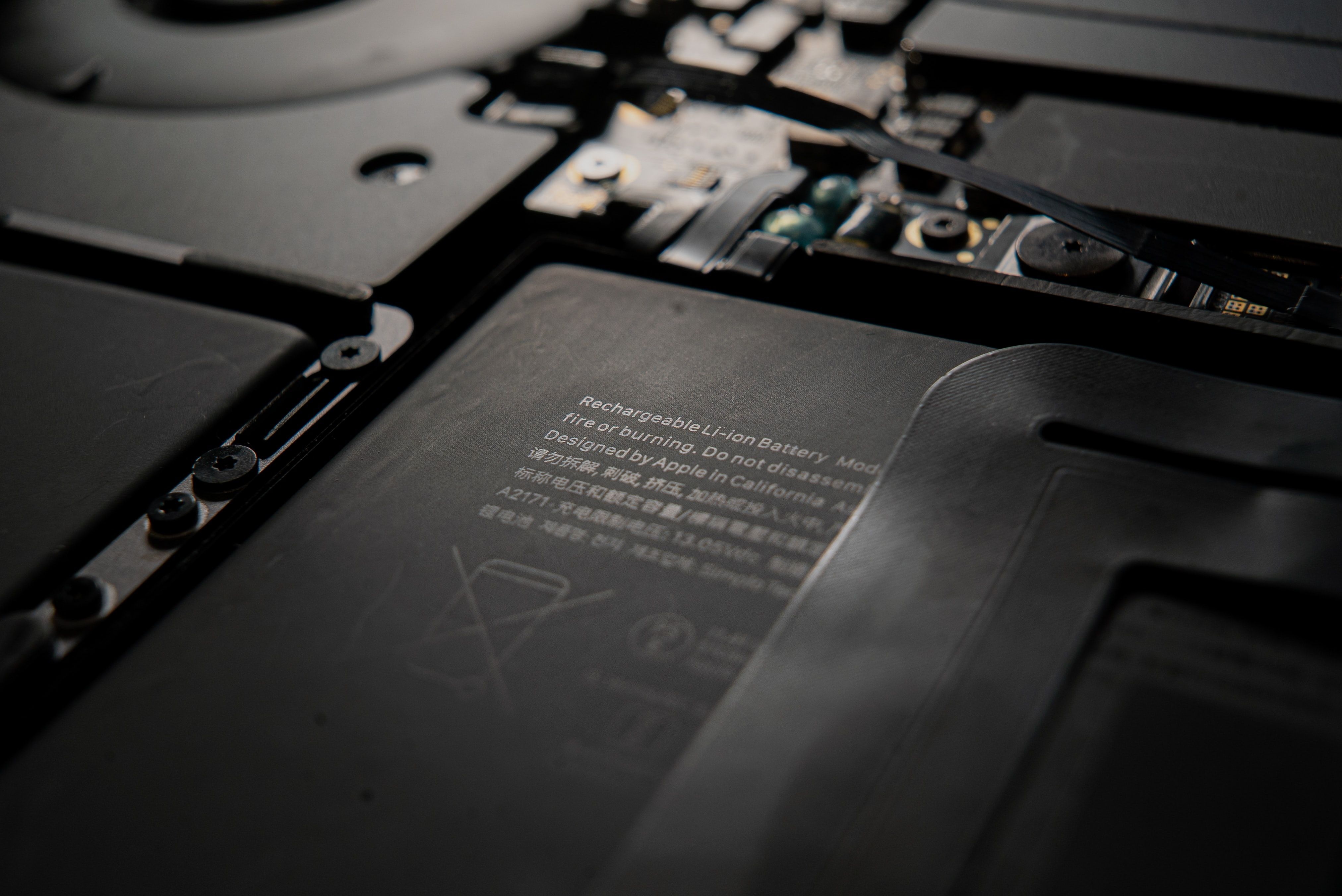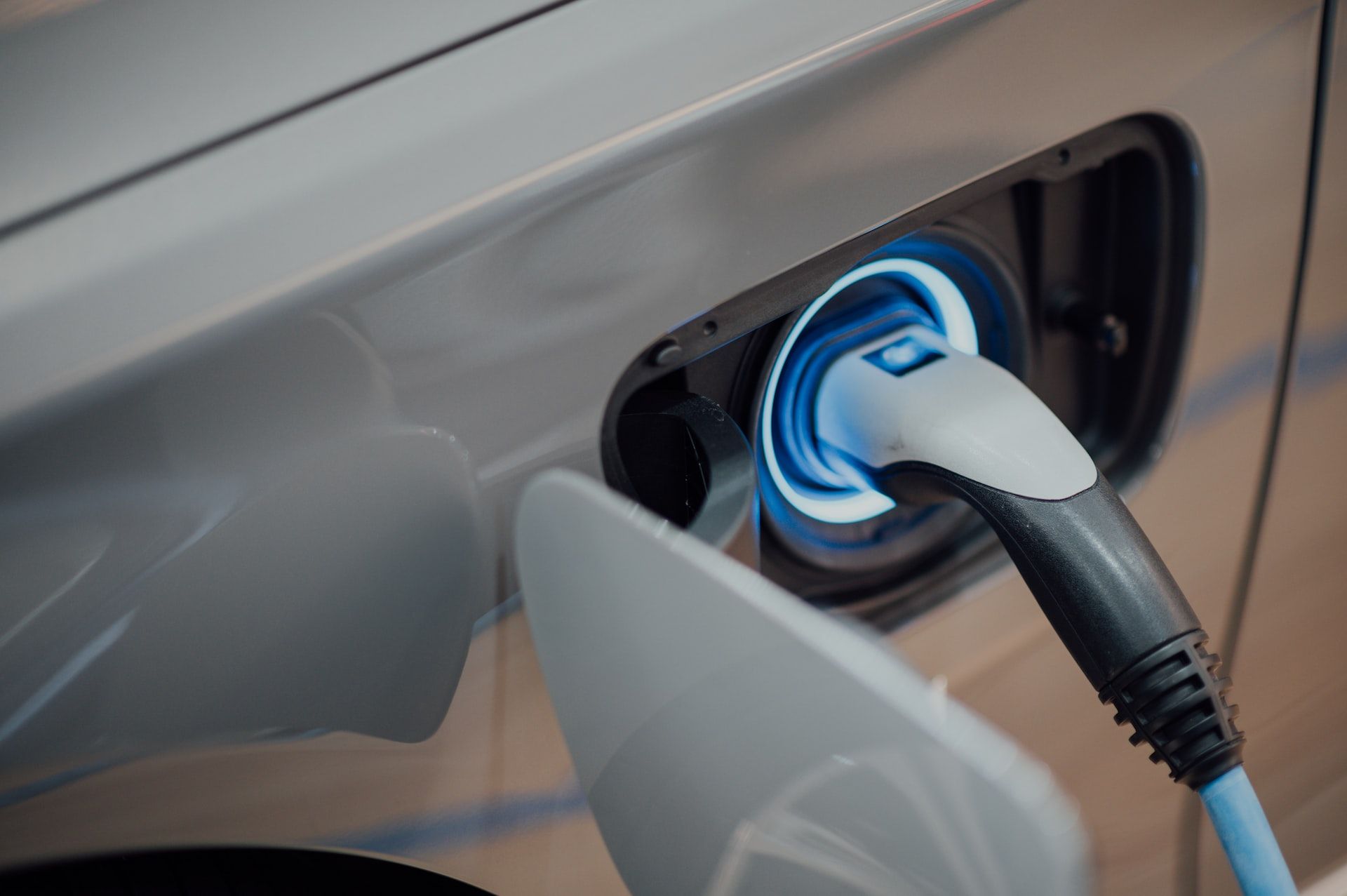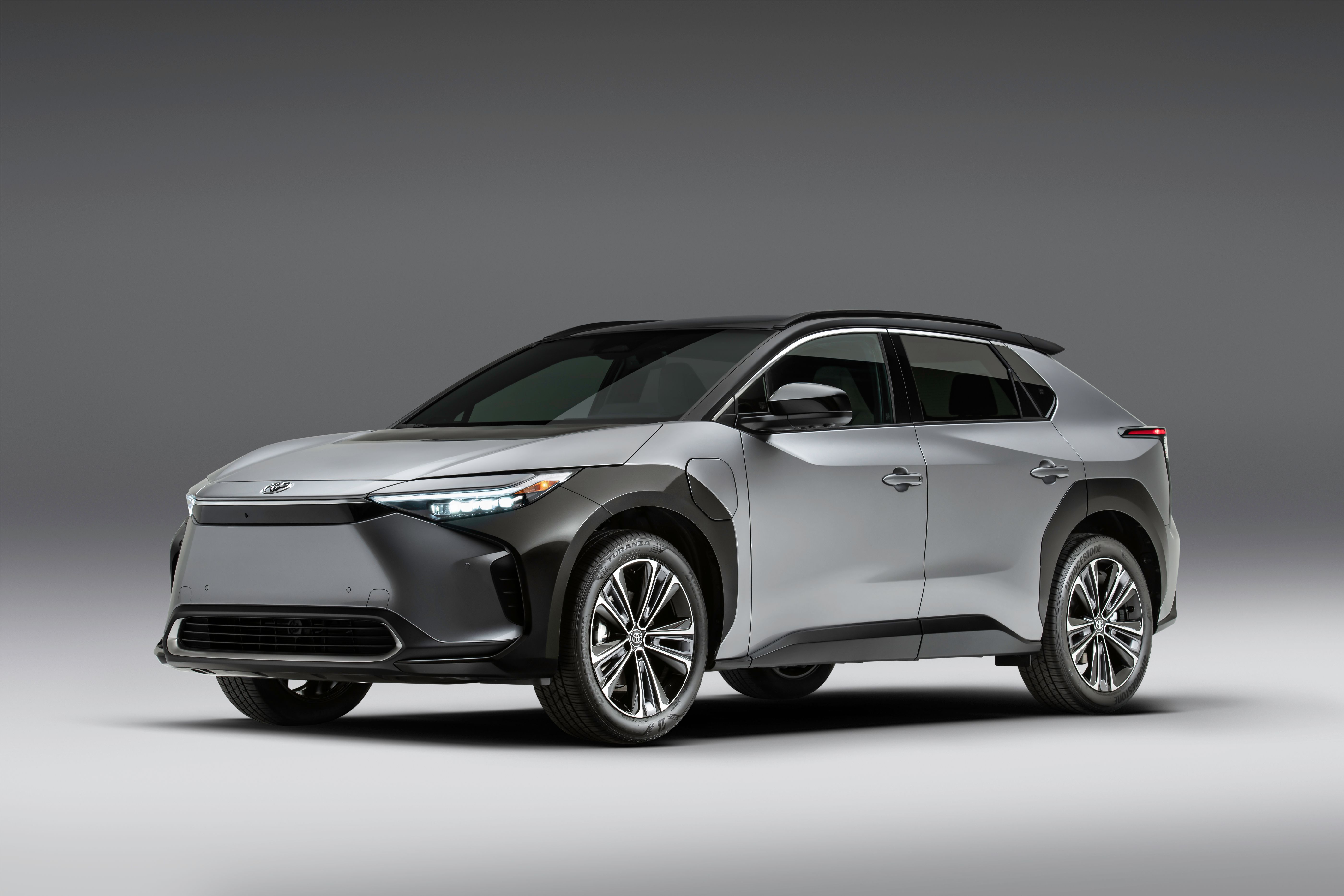The rest of the world has embraced electric cars much faster than America - especially in Europe. This is primarily because range anxiety is less of an issue in most other countries. The entire country of Norway, for example, where EVs are extremely popular, is smaller than California and has short commutes. Combine the American affinity for long-distance road trips with longer commutes, and it's no wonder people in the U.S. are clinging to their farther-reaching gas-powered cars.
The time it takes to sufficiently charge even the most advanced EVs is another obstacle for would-be buyers. Soon though, these fears will be quelled by solid-state battery technology - a game-changer for powering electric vehicles. This advancement will cut fast charging times in half (if not more) and extend range substantially - which nearly eliminates the drawbacks that come with EVs. This should give hesitant consumers more confidence when making the jump to a fully electric vehicle.
Solid-State Vs Lithium-Ion Batteries
A solid-state battery is, as the name suggests, a battery made with solid electrolytes instead of liquid. The difference in materials used to make the battery with the related chemical changes allows the battery to store a greater amount of energy in the same volume (also known as energy density). With the potential to increase the range by 50 to 80 percent, the superiority of this new technology is unquestioned compared to lithium-ion batteries.
Eliminating much of the organic material from a lithium-ion battery provides even more benefits. It speeds up charging times by reducing chemical bottlenecks, enabling a 10 to 80 percent charge in less than 15 minutes! Additionally, getting rid of minerals like cobalt and nickel reduces costs overall as well as the carbon footprint. Safety is also drastically improved by removing the organic electrolytes, which are toxic and flammable, lowering the risk of fires.
What Is The Problem With Solid-State Batteries?
As clear as the advantages of solid-state batteries are, it won't be easy to overtake lithium-ion's top spot. Even though solid-state batteries require fewer natural resources, solid electrolytes are more expensive to produce, so lithium-ion batteries are still comparatively cheaper. As economies of scale gradually lower the cost, this won't be as much of an issue, but there is another problem.
Solid-state electric batteries are highly desirable, which is great from a business perspective. However, companies like QuantumScape, which specialize in their development, are worried that demand will overcome their ability to produce them - at least in the short term. Every car manufacturer is (or soon will be) fully onboard the EV bandwagon and will want this technology to power their vehicles.
As the development is ramping up, it will be very difficult for solid-state battery makers to cater to such high demand. This means that lithium-ion battery technology will continue to be developed and manufactured alongside the newcomer. Other battery technologies may emerge in the meantime as well, which certainly isn't a bad thing. When considering the overall demand needed for the power grid, consumer electronics, and other things, the world will need full production of batteries of all types.
Solid-State Batteries In Electric Cars
Carmakers are rapidly realizing the limitations of lithium-ion batteries that power today's EVs like the 2024 Kia EV9 and Ford Mustang Mach-E. As a result, the solid-state battery has become its golden egg. There are no solid-state batteries currently powering a production car, but multiple companies have been developing the technology for a decade or longer.
Surprisingly, the leader in this area is not Tesla but rather Toyota. Since 2012 the Japanese manufacturer has developed over 1,000 patents related to their designs - more than any other carmaker. They claim a trip on one charge will be good for more than 430 miles (sorry, Tesla Model S). Under the same conditions, electric vehicles being developed will have more than twice the range of a vehicle running on a conventional lithium-ion battery.
In 2020, Toyota announced a joint venture with Panasonic to establish Prime Planet Energy & Solutions - a company specializing in automotive prismatic batteries. With this strategic partnership and attention to development, Toyota is on track to achieve the first functional mass-produced solid-state battery. Their goal is to be the first company to sell an EV with such a battery by the mid-2020s. After all, this is the company that created the Prius - the first vehicle of its kind and has more than 20 years of battery expertise as a result.
With increasing pressure from governments across the world to reduce emissions and increase fuel mileage, manufacturers are scrambling to make the best out of the inferior lithium-ion battery design. However, with solid-state technology, these next-generation batteries are safer, more efficient, and have greater performance. With a range far superior to any leading EV today and faster charging times to boot, this innovation promises to be a game changer not just for electric vehicles but for an entire industry.
Sources: Toyota, QuantumScape, NEI Corporation




